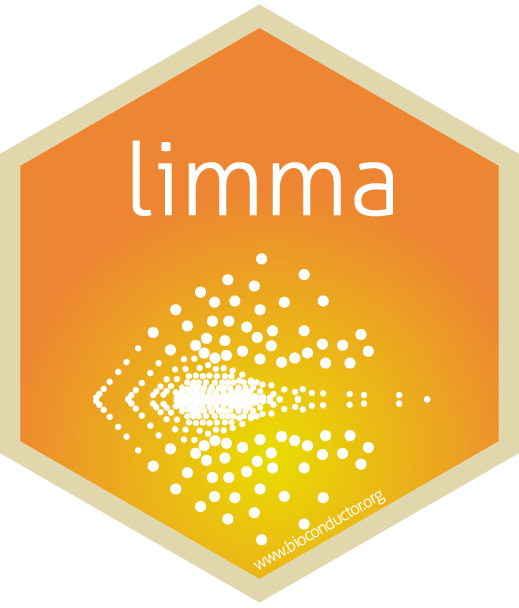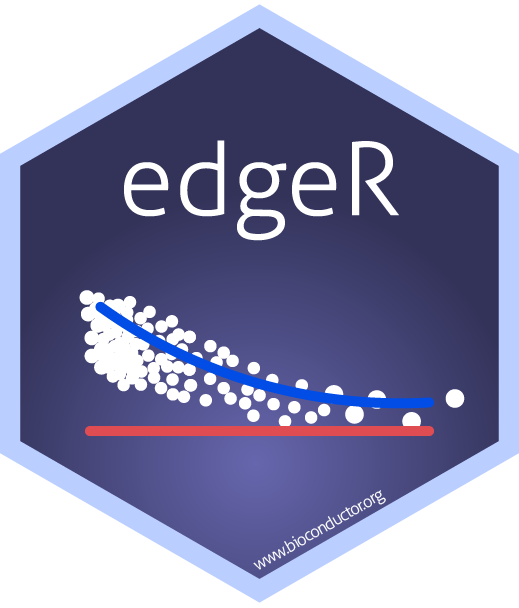Adapting limma and edgeR for Single-cell and Proteomics
Proposal Summary
To address new challenges posed by replicated single-cell RNA-seq data and by mass spectrometry proteomics.
Project

limma is an R package for analyzing gene expression data from modern genomic technologies such as microarrays, RNA sequencing or mass spectrometry. Its central aim is to detect genes or proteins that have changed expression levels between experimental conditions or cell types. limma can analyze arbitrarily complex experiments with multiple experimental factors. A unique feature of limma is its ability to borrow information between genes, increasing the power and robustness with which conclusions can be reached for each individual gene. This feature allows it to conduct robust statistical analyses even when the number of biological samples is very small.
Key Personnel
Project

edgeR is an R package for analyzing sequence read count data from genomic sequencing technologies such as RNA-seq, ChIP-seq and ATAC-seq. Like limma, edgeR is particularly designed to detect genes or features that have changed abundance levels between experimental conditions or cell types. Whereas limma is designed to analyze continuous expression values, edgeR is designed to analyze abundance measured in terms of sequence read counts, which enables edgeR to be the underlying analysis engine for a wide range of sequencing technologies. Where limma uses linear models and normality, edgeR uses negative binomial generalized linear models. Like limma, edgeR has the ability to handle arbitrary experimental designs and to borrow information between genes or genomic features.



